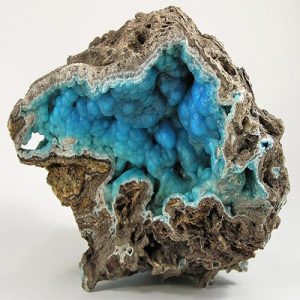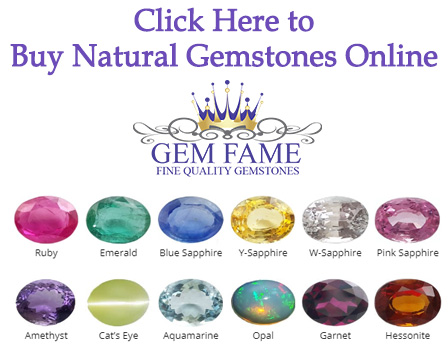Hemimorphite
Hemimorphite is Zn4(Si2O7) (OH)2.H2O, a element of hemimorphite. It’s a sorosilicate mineral that has been traditionally mined from the higher elements of metallic element and lead ores primarily related to smithsonite Znco3. They were assumed to be an equivalent mineral and each was classed underneath an equivalent name of hemimorphite. Within the half of the eighteenth century, it had been discovered that these 2 totally different minerals were each gift in hemimorphite they closely fit one another. The salt was the rarer of the 2 and was named calamine due to the hemimorphite development of its crystals. This uncommon type that is typical of solely a number of minerals implies that the crystals are terminated by dissimilar faces. Calamine most typically forms crystalline crusts and layers additionally huge granular rounded and kidney-shaped aggregates concentrically striated or finely acerate fibrous or stalactitic and barely fan-shaped clusters of crystals. Some specimens show sturdy inexperienced visible radiation in shortwave ultraviolet radiation 253.7 nm and weak lightweight pink visible radiation in radio wave ultraviolet illumination. Hemimorphite is somewhat common as the mineral specimen but rarely faceted due to lack of clear crystals. It is usually available as cabochons in beautiful shades of blue from Congo. There are several sources throughout the southwestern US and Mexico. However, faceted gems are only available from Mexico thus far and are usually colorless. Facetable crystals are rarely available from Mapimi, Durango, and Santa Eulalia, Chihuahua.
| Category: | Sorosilicates |
| Formula: |
Zn4Si2O7(OH)2·H2O |
| Crystallography: | Orthorhombic – Pyramidal |
| Crystal Habit: | Commonly crystallized, thin tabular, striated, to 10 cm; doubly-terminated crystals show hemimorphism. Typically in sheaf-like or fan-shaped aggregates; stalactitic, mammillary, botryoidal; as compact fibrous and chalky coatings. |
| Twinning: | On [001], rare, with antilogous poles in contact. |
| Cleavage: | [110] Perfect |
| Fracture: | Uneven to Conchoidal |
| Tenacity: | Brittle |
| Moh’s Hardness: | 4.5 – 5.0 |
| Density: | 3.40- 3.50 (g/cm3) |
| Luminescence: | May be bluish under SW UV. |
| Radioactivity: | Not Radioactive |
| Other: | Strongly Pyroelectric |
| Color: | Colorless, white, grey, yellow, green to apple-green, blue, pink, purple, bluish grey, and brown from impurities |
| Transparency: | Transparent to Translucent |
| Luster: | Vitreous, Subpearly, Adamantine, rarely Silky |
| Refractive Index: | 1.614 – 1.636 Biaxial ( + ) |
| Birefringence: | 0.022 |
| Dispersion: | Strong; r > v |
| Pleochroism: | None |


